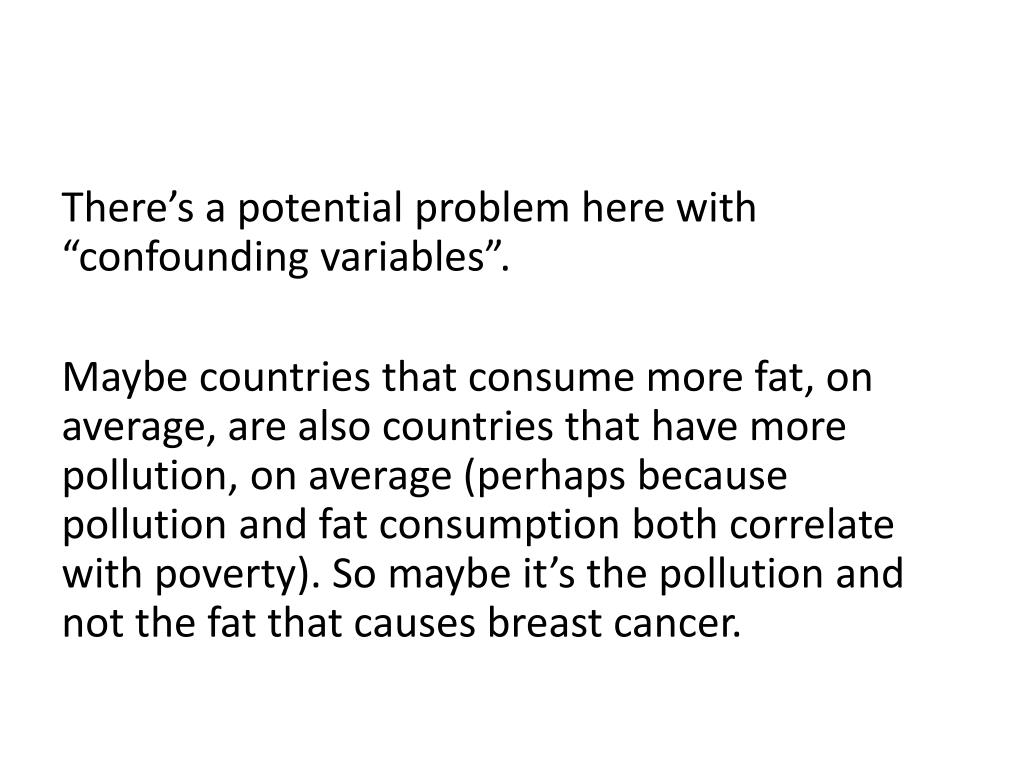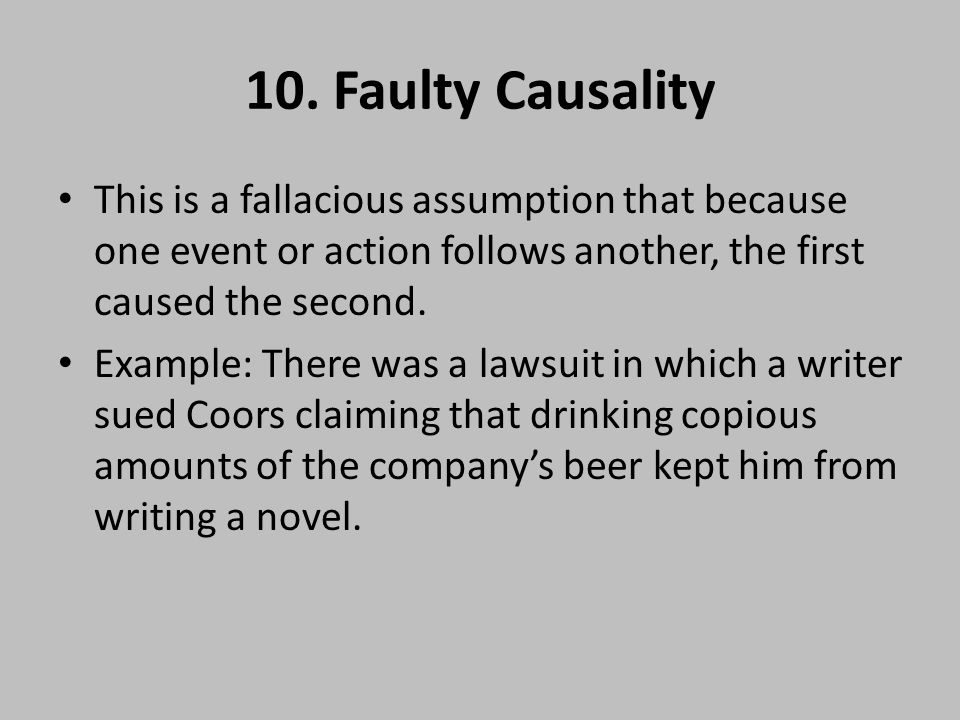
We ought to teach our students what are good reasons for what–strict logical fallacies may play some role in this, but I tend to think the role is quite minimal. But there are cases, like the the video linked, where on such a basis there is very good reason to believe D. Affirming the consequent is bad because your reasons to do not support your conclusion: holding all else fixed, (D -> ~K) & ~K is no good reason to believe D. It’s only very rare that someone reasons deductively–the above video from “Rhinoceros” is an example of such reasoning, but notice how stilted and unnatural (to non-philosophers) the reasoning sounds. This is part of the reason why I don’t understand what some take to be the widespread importance of ‘logical fallacies’. She doesn’t believe D on the basis of the putative deductive inference D -> ~K, ~K, therefore D, and hence is not affirming the consequent. D is the best contextually salient explanation. D is the best explanation for ~K since, one, she already knows about dream sharing (I believe DiCaprio has already explained his abilities and plan with her), and two, moreover, I take it that she judges that ~K would most likely be false if D were not true–it’s very rare that she would be at a cafe and not remember how she got there. This is an inference to the best explanation: E confirms H if H -> E and H is the best explanation for E. DiCaprio asserts that D -> ~K, and then he invites her to see whether K is true. Let D be ‘I’m dreaming’ and ~K be ‘you don’t know how you got here’. This clip seems to me to be a paradigmatic example of good reasoning, given the context. However, unlike the conditional actually asserted, this conditional is clearly false as there are many ways of not knowing how you got where you are that do not involving dreaming. For example, you might suppose that the character confused the direction of the conditional and really wanted to say ‘If you don’t know how you got where you are then you are dreaming’. It’s also a nice example because there is no good way of charitably reconstructing the argument to make it sound. On first viewing, most students do not catch the fallacy, but when I ask them to work through it a couple of times and write out the structure of the conditional argument being made they usually see that the two characters have affirmed the consequent (and are shocked that such a basic reasoning mistake could make it way into the trailer of an apparently ‘cerebral’ film). One of my favourite examples is this one, which I found in the trailer of the Hollywood film ‘Inception’: Funny examples are fun, but I find subtle examples to be the most effective as they powerfully demonstrate to students how pervasive bad reasoning is in our society. I’ve collected several dozen short clips of this sort to use when I teach Critical Thinking.

I’ll start things with this clip from The Simpsons (which I’ve used here on DN before) illustrating “affirming the consequent”:īy the way, while searching for examples this morning, I noticed that the above clip is very similar to part 2 of the following Bert & Ernie sketch from Sesame Street (it should start at the right spot, but if not, skip to the 0:39 mark): If we get enough examples, this could end up being a useful resource. Include any relevant info about time (e.g., if the example starts 8 minutes and 41 seconds into the video, please say so). So, name a fallacy and post a link to a funny video illustrating it in the comments.

I thought it could be an amusing diversion (we need one, don’t we?) to put together a collection of short video clips that illustrate logical fallacies in a funny way-excerpts from television shows, movies, stand-up comedy, and the like. There are online lists of logical fallacies , websites dedicated to explaining them, posters, children’s books, various videos, and, of course, memes. That many of the examples used to illustrate fallacies are humorous is no accident, as a lot of humor involves both upsetting expectations (e.g., saying something that deviates from what we think follows from what’s already been said) and making fun of ineptitude (including poor reasoning).


 0 kommentar(er)
0 kommentar(er)
